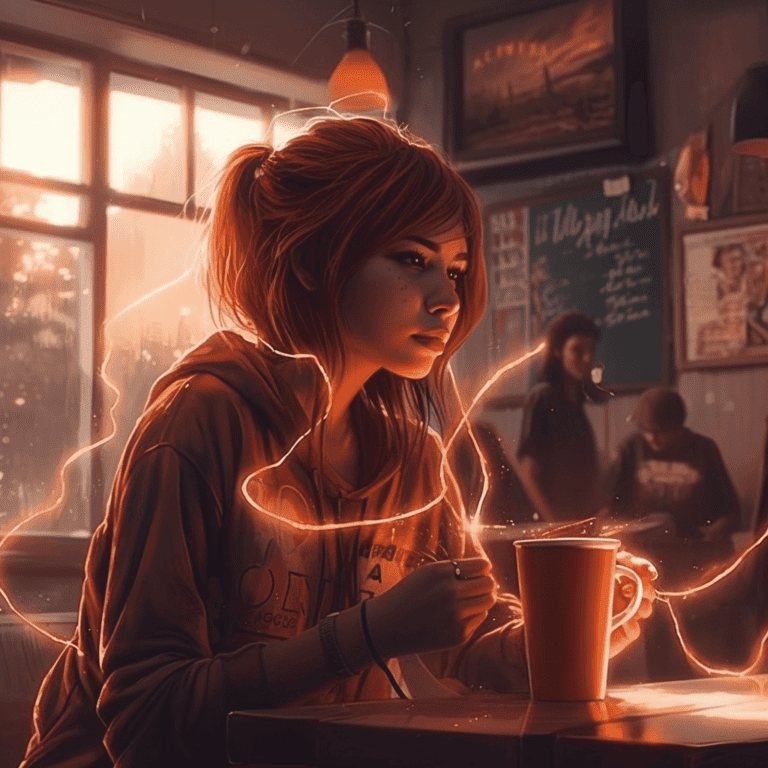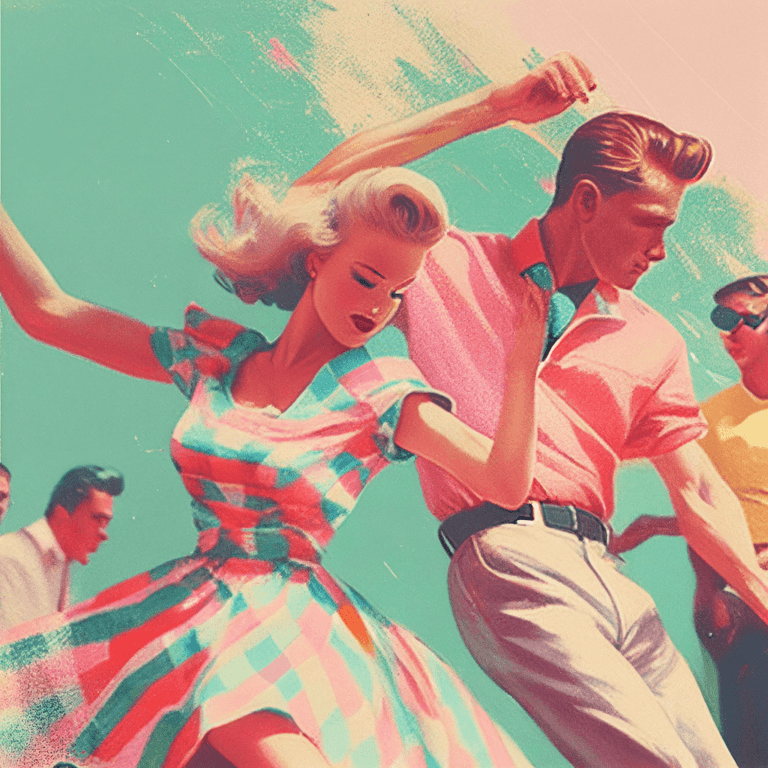Automation
Automation refers to the use of technology to control and perform tasks that were once carried out manually by musicians. This technological advancement has revolutionised the way music is produced.
One of the most prominent applications of automation in music production is through Digital Audio Workstations (DAWs). These software programs allow composers and producers to arrange, edit, and manipulate musical elements with unprecedented precision. Automation within DAWs enables the dynamic control of various parameters, such as volume, panning, and effects, over time. This means that a piece of music can now have intricate changes in volume, filter sweeps, and other effects without the need for constant manual adjustments.
Automation has also transformed the way musicians perform live. In the past, live music relied heavily on skilled musicians playing instruments in real-time. While this remains an essential aspect of many performances, automation has opened new possibilities. Electronic musicians and DJs, for instance, use pre-programmed automation to trigger samples, control synthesizers, and create intricate live mixes.
Furthermore, automation has revolutionised the realm of sound design. In the past, creating complex soundscapes required painstaking work with analog synthesizers and effects. With modern digital tools, sound designers can automate parameters, explore different timbres, and create evolving textures with ease. This has enriched the sonic palette of music across genres, from film scores to experimental electronic music.
For artists and composers, automation has become an essential tool for crafting expressive and dynamic pieces. It allows them to precisely control the emotional arc of a song, creating tension, release, and nuanced shifts in mood. Automation grants artists the freedom to experiment with ideas and push creative boundaries, leading to innovative and captivating musical works.
Moreover, automation has a significant impact on the listener’s experience. The meticulous control over volume and effects ensures a more polished final product, enhancing the overall enjoyment of the music. Additionally, automation contributes to the immersive quality of certain genres, such as ambient and electronic music, where the gradual changes in soundscapes can transport the listener to another world.

So what’s this site all about anyway?
Well, if you ever find yourself needing music for anything – a YouTube video, a podcast, a school project, a presentation, TV commercial or even a film – then browse, preview and download any of our tracks





